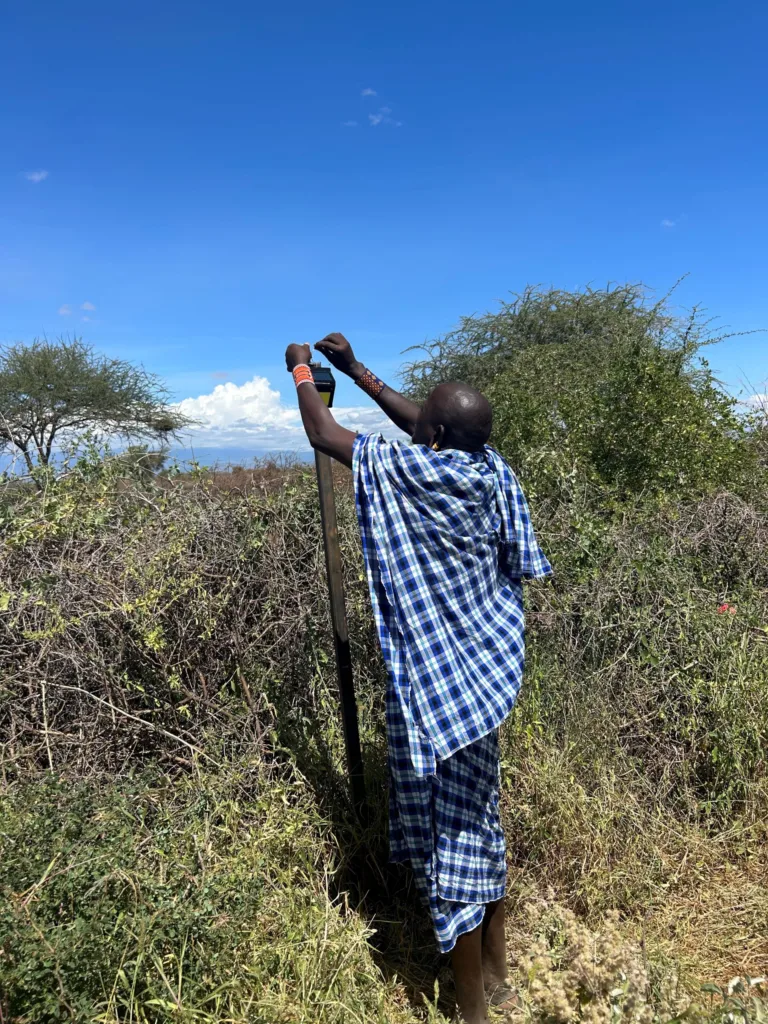Indigenous Peoples and Protected Areas
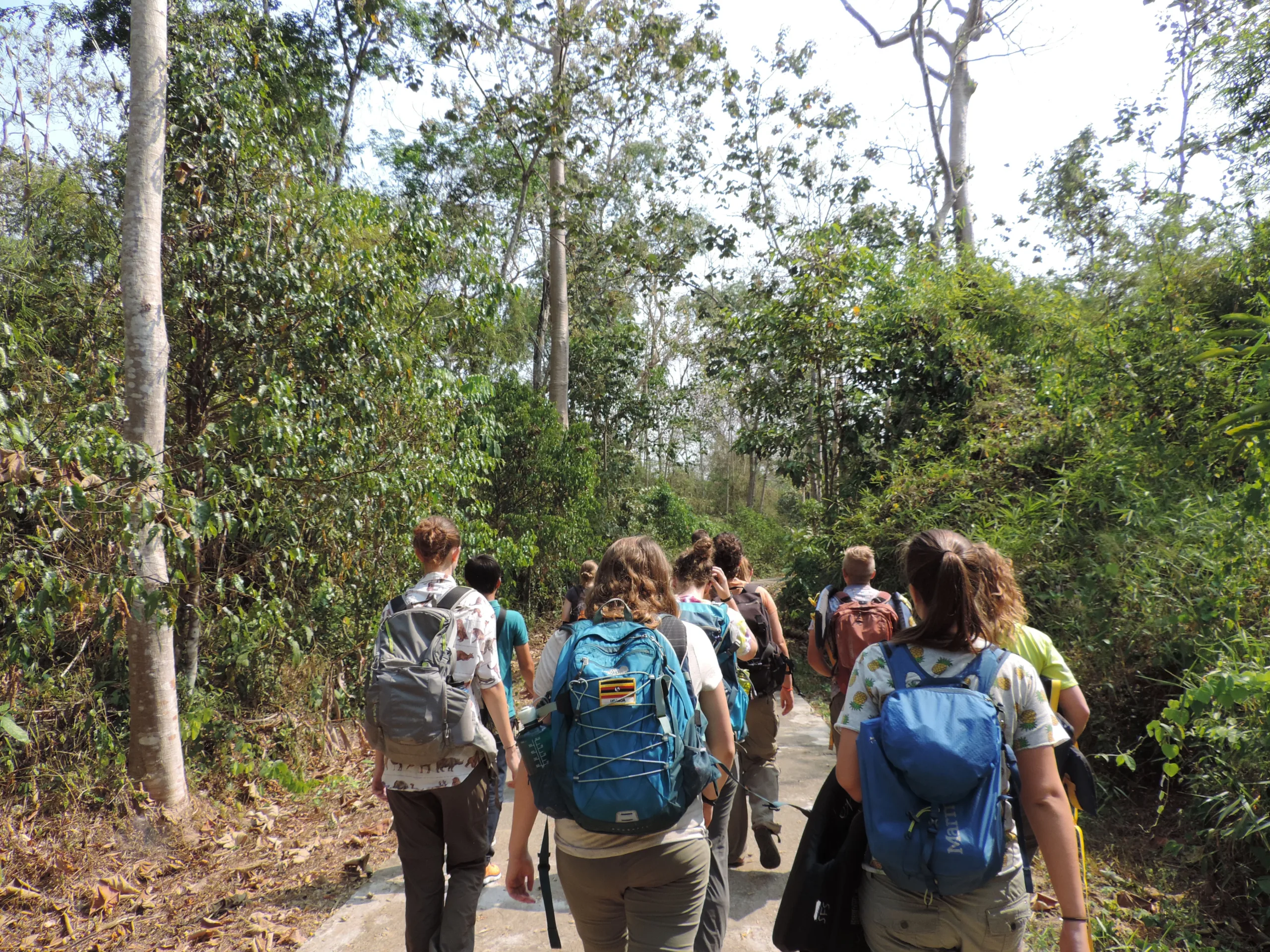
Exploring the ethics surrounding indigenous peoples’ rights to access and manage natural resources while we are in the classroom can often seem opaque – a distant somewhat foggy objective that is hard to fully grasp and envision. This is true especially for many of us who are not members of these groups whose cultural, social and environmental traditions and livelihoods are deeply entwined with the place of their peoples. This topic can be further difficult to comprehend when considering the potential conflicts and tradeoffs with conservation objectives. When the students from the SFS Center for Mekong Studies visit Cat Tien National Park in Southern Vietnam they are given the opportunity to learn about this important topic. Not only in the classroom, but also through field trips that take them to meet and hear directly from the members of the Chau Ma peoples. Through these field studies students can gain clarity and a deeper understanding of what indigenous rights are, how they are expressed and what it means to individuals to have these rights either realized or denied. Students are able to also meet with park rangers and managers to understand resource use policies and consider conservation approaches that have the potential to affect the deep connections and practices of indigenous peoples.
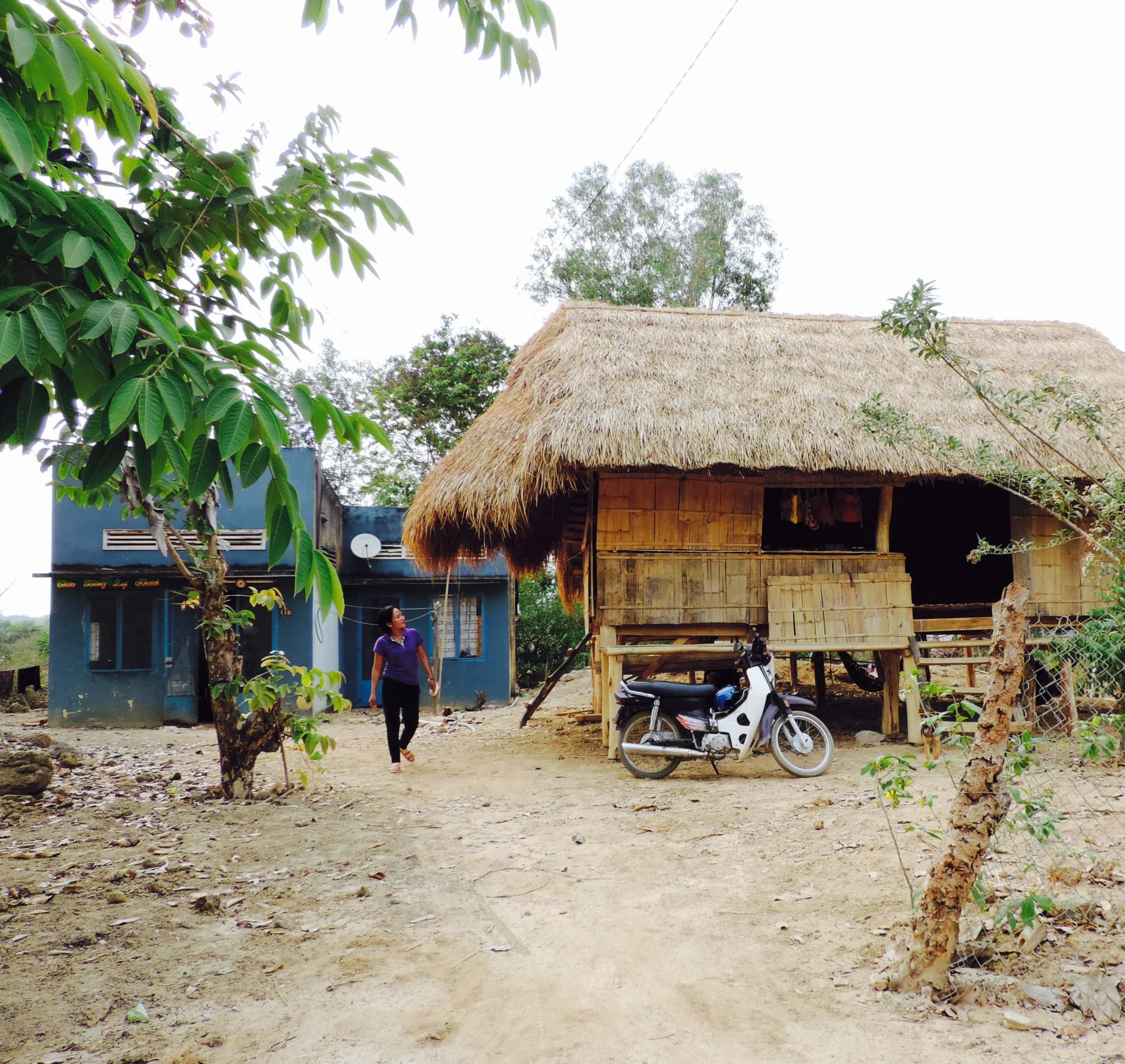
Students are given an assignment where they explore the opportunities and limitations of ‘rights based approaches’ to conservation and how the application of environmental justice principles – such as consultation and public participation; inter-generational equity; free, prior and informed consent; equitable access to sustainable development – and traditional knowledge may inform conservation policies.
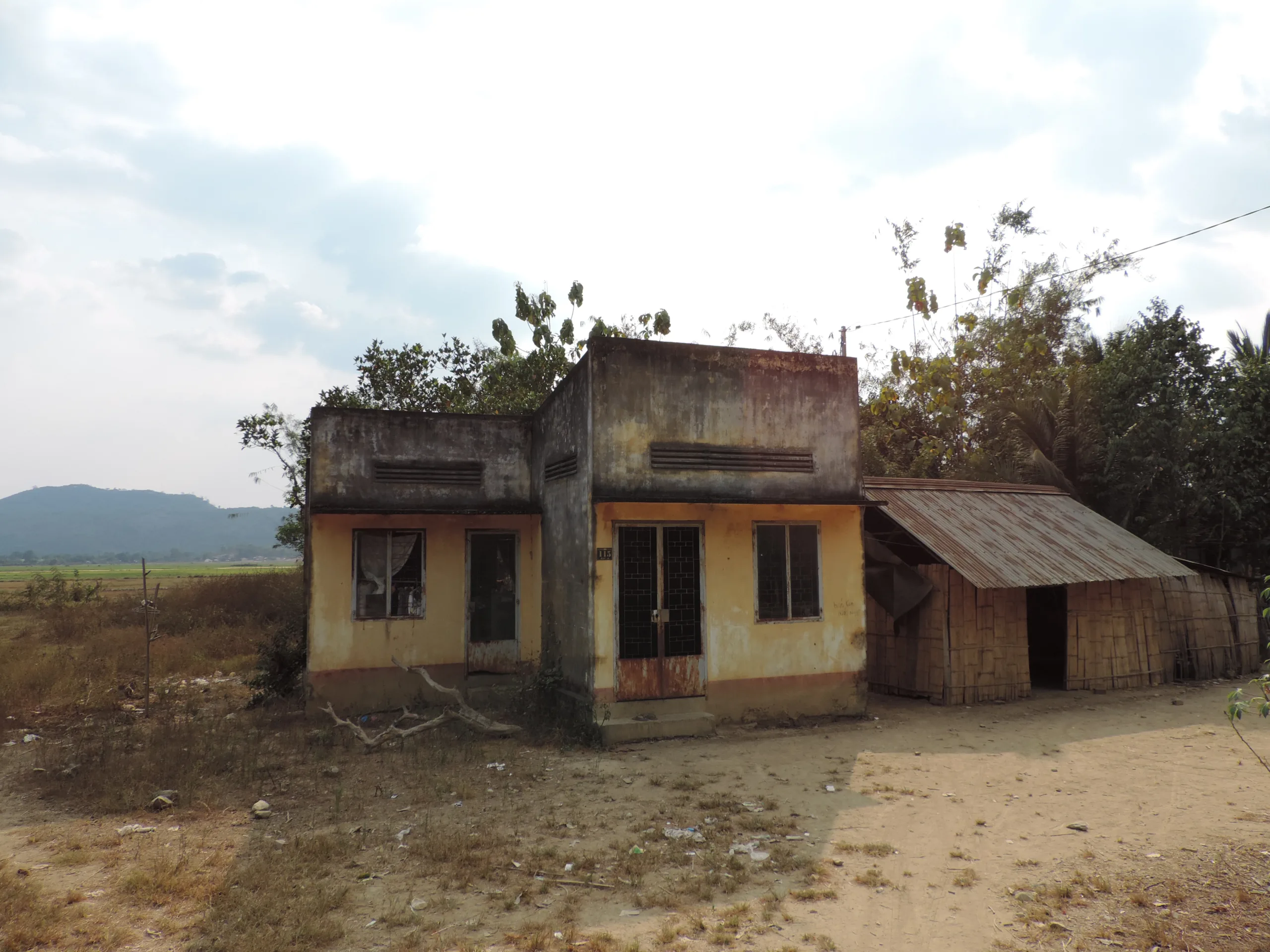
One of the unique and valuable aspects of our program is the opportunity offered through field studies to consider alternative approaches to environmental challenges. Understanding traditional peoples’ hopes to integrate sustainable use of resources into policies in ways that continue to achieve conservation objectives but provide the ability to maintain traditional knowledge and practices, has been enlightening and has broadened the lens through which we may address environmental management.
Related Posts
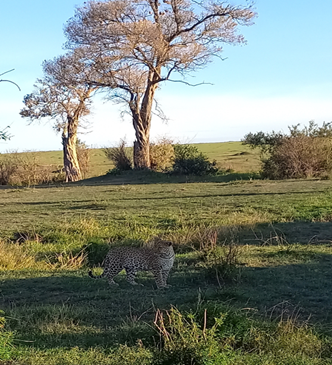
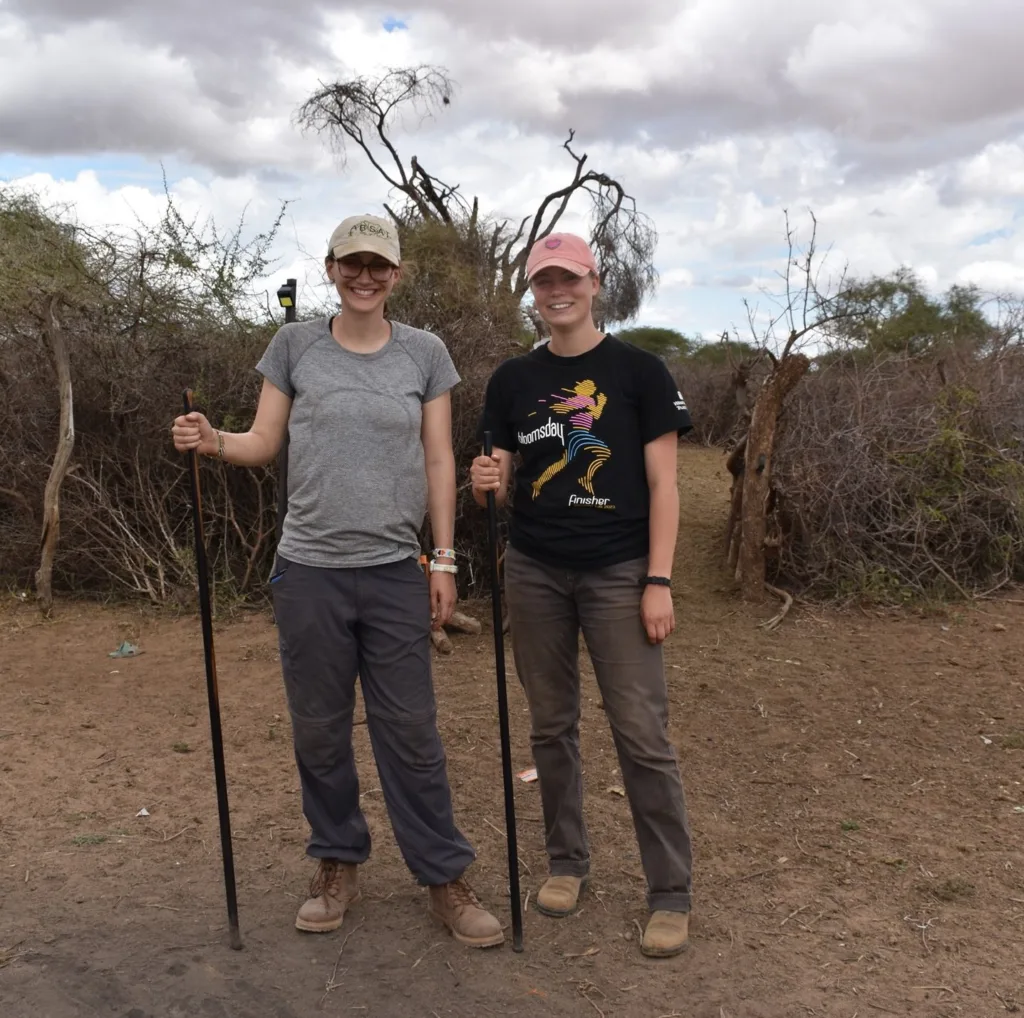
Alumni Reflections: Stories of the Return to Kenya
